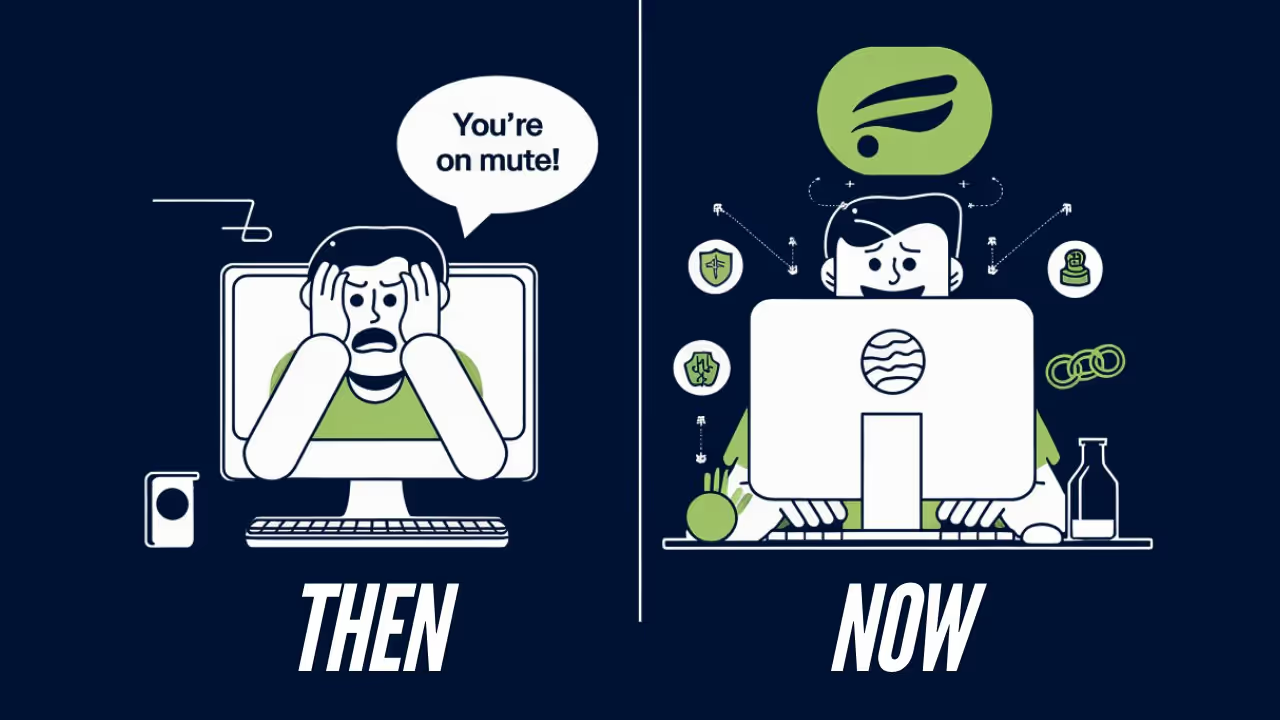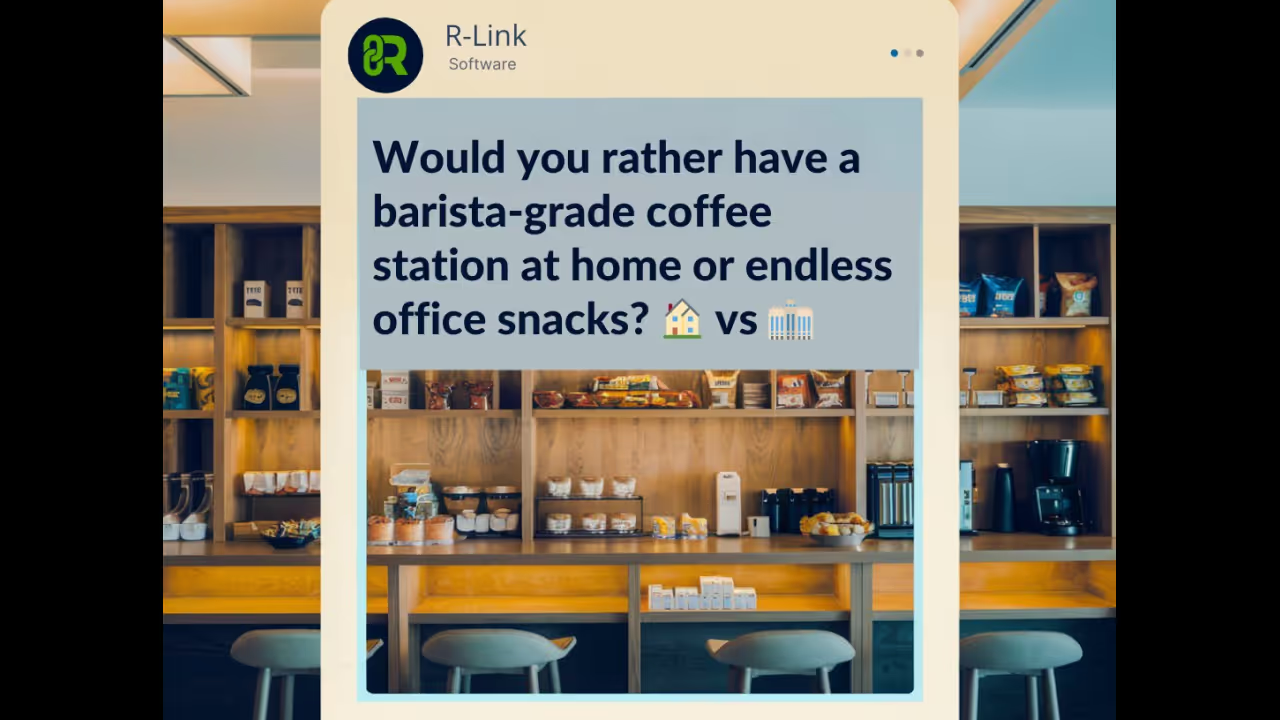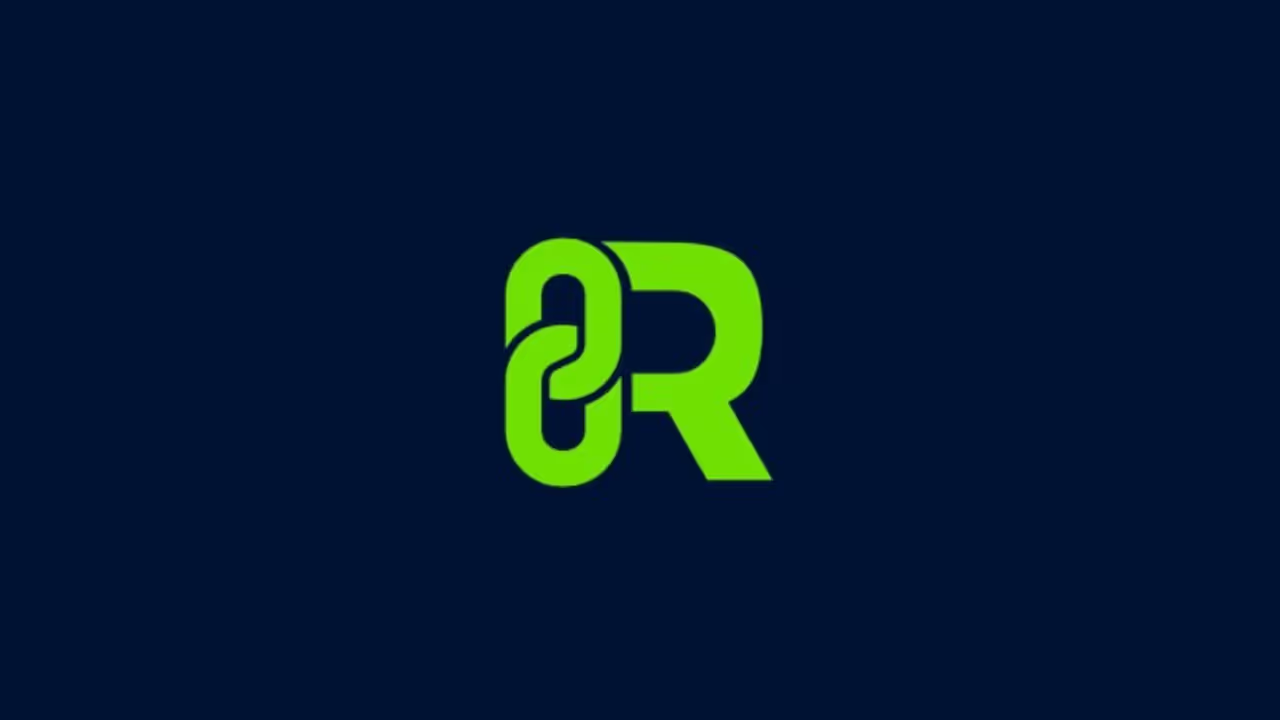


R-Link, powered by the Rally ($RALLY) blockchain, transforms everyday video calls into blockchain-powered experiences. It rewards users for hosting and attending meetings—bridging productivity with tokenized participation. By decentralizing the infrastructure, it aims to make teleconferencing both fairer and more resilient.
R-Link leans heavily on encryption, distributed data flows, and network segmentation—concepts hinted at through its “unbreakable network design” messaging. The goal: eliminate centralized vulnerabilities and give users confidence that private calls actually stay private. Security isn’t an add-on here—it’s the foundation.



With support now expanding into multiple languages like Dutch and German, R-Link signals ambitions for a global user base. The platform’s decentralized model means accessibility isn’t limited by corporate infrastructure or region-specific restrictions. Collaboration becomes borderless, both linguistically and technically.



